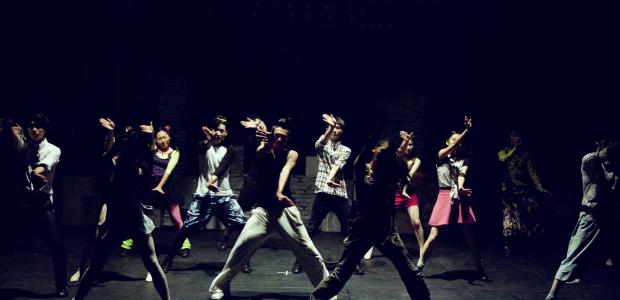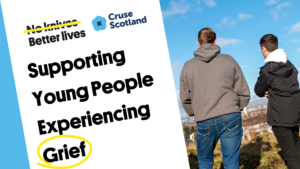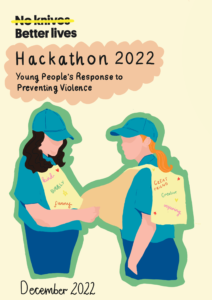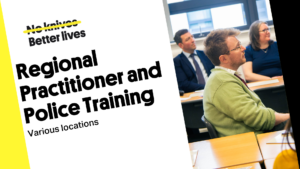Why Theatre? Why Not?

13 Sep 2018
by Orielle, NKBL in schools, NKBL and youth work, Peer education
Using theatre as a way to pose questions and raise awareness of issues isn’t a new thing. It’s what theatre has done for hundreds of years, whether it’s telling the tale of star crossed lovers, or jealous kings waging war on distant shores. Theatre invites an audience to witness characters and scenes being played out in front of them that they can relate to, and it reminds them that they are not alone in their experiences and that others go through this too.
Theatre in education, or issue based theatre, is no different. It’s been around for a long time, but it’s not been so visible recently. It explicitly invites the audience to see something about a social or moral issue and then asks questions like, “how do you feel and what are you going to do about it?”
When a piece of theatre is created by young people for an audience of young people based on conversations about their personal experience it has real impact. It can be of particular interest to policy makers, practitioners and authorities. Witnessing opinions and views on a specific issue can be informative to others who think they know what’s best and what action should be taken.
This process is what I call “Peer Theatre” – theatre created by young people from their views on a topic. Their views become the inspiration and muse for a professional writer to use their skills to write a play that engages the audience in a relatable, interesting way. It uses their language and creates situations that are sympathetic to the audience. It makes them think: “I’ve seen that happen. I’ve been in that situation. I’ve done that. I’ve said that. That’s me.”
This year, NKBL is working with Fast Forward to talk to young people across Scotland about knife carrying. Fast Forward have developed a play that will tour over 60 secondary schools across Scotland from September to the end of November.
The play “Balisong” (the Philippine name for a butterfly knife) is a new play written by Jennifer Adam, directed by Steve Small of Strange Town Company and it has been produced, coordinated and facilitated by Fast Forward. The piece will be performed by three young actors who were involved in the development of the ideas in the production, which is part of a peer theatre approach.
The play will engage S2’s in the awareness, active citizenship, responsibility and the importance of doing something if you know that a friend, classmate or peer is carrying a knife or bladed weapon. The intention of the piece is to empower individuals to stand up and speak out for what is right so that they can help save a life and improve the community in which they live.




